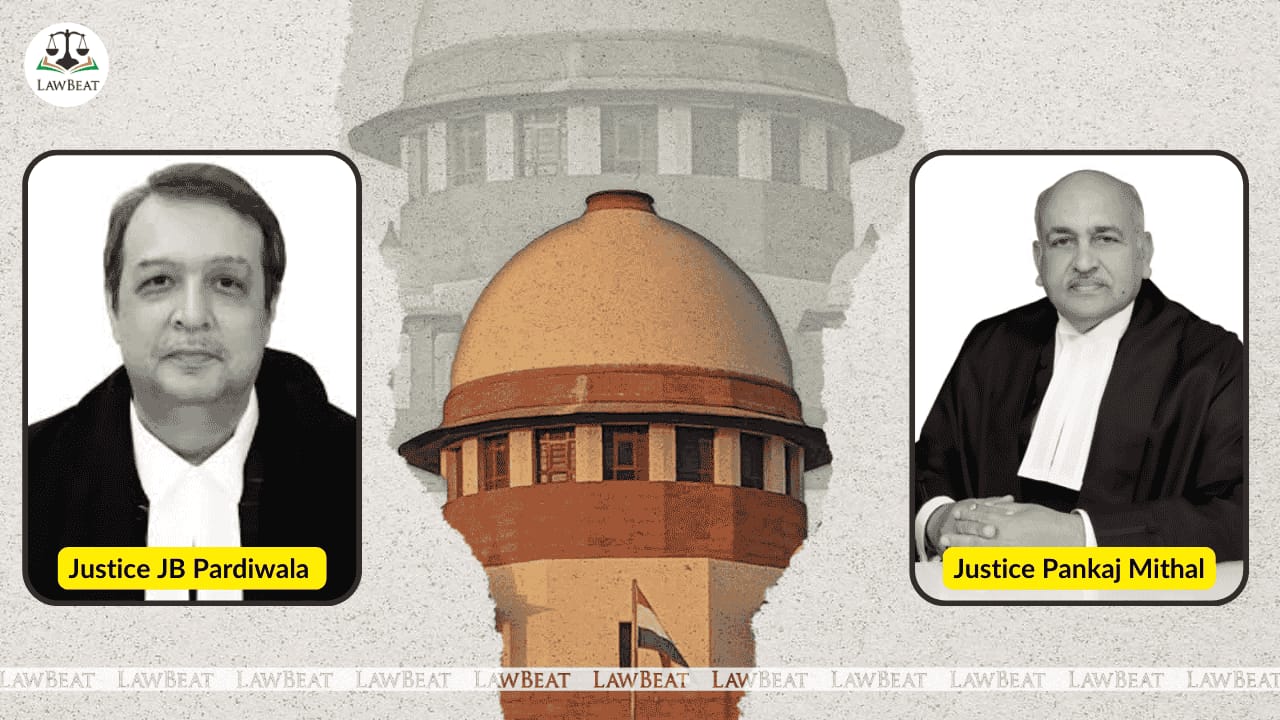Supreme Court Seeks Centre's Response on Restricted Maternity Benefits for Adoptive Mothers

The instant PIL challenges Section 5(4) of the Maternity Benefit Act, 1961, on the grounds that it makes maternity benefits for adoptive mothers conditional on the age of the child being adopted
The Supreme Court of India recently sought the Centre’s response to a Public Interest Litigation (PIL) concerning maternity benefits for adoptive mothers in cases where the adopted child is under three months old.
A division bench comprising Justice JB Pardiwala and Justice Pankaj Mithal was hearing a PIL, filed by one Hamsaanandini, an adoptive mother of two, challenging the constitutionality of Section 5(4) of the Maternity Benefit Act. The PIL argues that this provision discriminates against adoptive mothers by restricting maternity benefits to adoptive children under three months.
While questioning the rationale behind such a legal provision, the bench asked the Union government to submit an affidavit explaining its position on the matter within four weeks.
Justice Pardiwala went on to question the purpose of requiring the child to be under three months old. He further said that maternity leave intends to allow a mother to care for her child, whether she is a biological or adoptive mother.
According to the PIL, Section 5(4) of the Maternity Benefit Act, which entitles adoptive mothers to 12 weeks of maternity benefit if they adopt a child under three months old, is unfair and discriminates against adoptive mothers.
The said provision has been challenged on the grounds that the section does not take into consideration the procedure of adoption as envisaged in the Juvenile Justice Act (JJ Act) and the Adoption Regulations, 2017.
PIL states that the provision is discriminatory against mothers who intend to adopt older children and adolescents, adding to the point that it creates a distinction between biological mothers and adoptive mothers. It further contends that the said provision is incompatible with the country’s international obligations to all children below the age of 18 years, reflected in the United Nations Convention on the Rights of the Child (UNCRC).
Furthermore, the PIL argues that the provision in question violates Article 19 (1) (G) of the Indian Constitution as it violates the adoptive mother’s freedom to carry on her trade, occupation and business by making it conditional on the age of the child. It states that the provision denies a child (below the age of 3 months) care and protection and overlooks the physical as well the emotional well-being of both the mother and the child.
Case Title: Hamsanandini Nandur vs. Union of India
